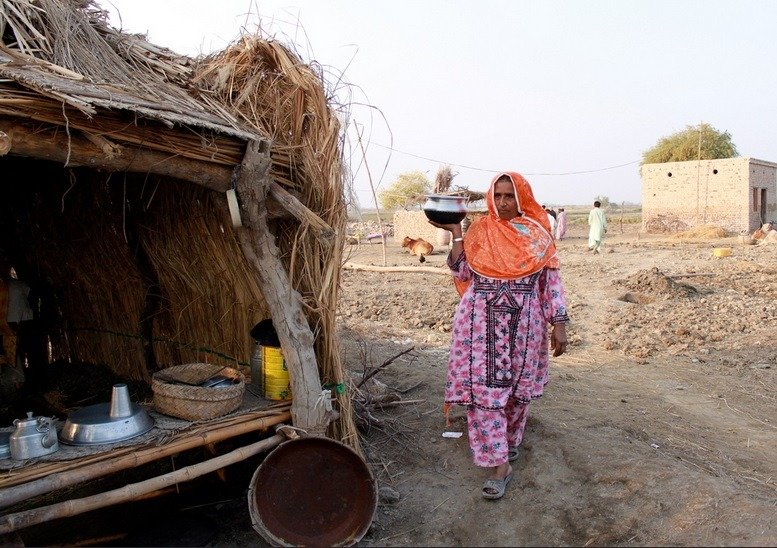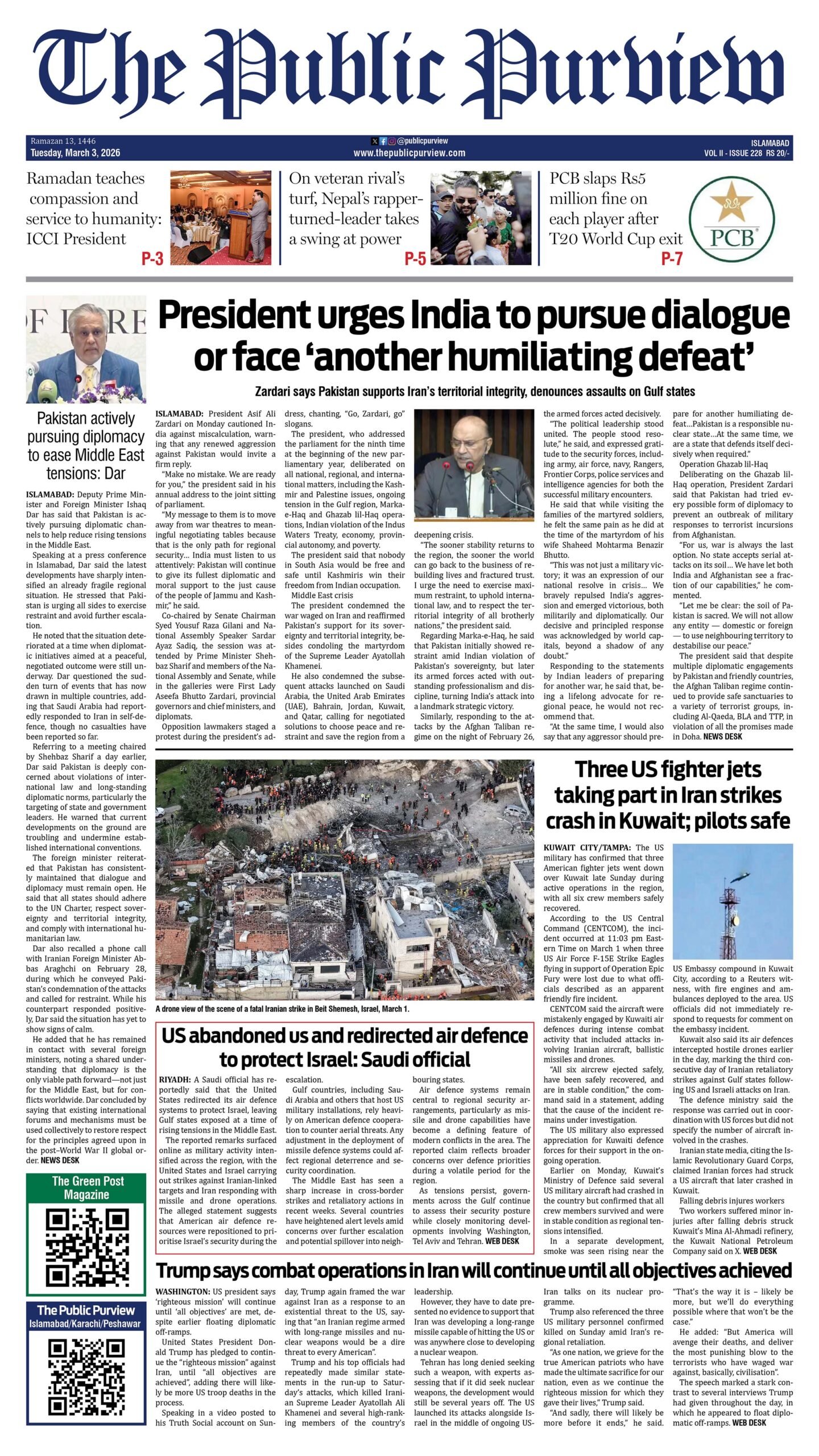
Introduction: A New Direction in UK’s Immigration Approach
The United Kingdom’s new immigration policy is set to reshape the entire system of asylum, migration, and family reunification. The government argues that the existing laws have not been functioning effectively for years, and therefore stricter and clearer measures are now necessary. According to officials, these reforms aim to make the system more transparent as well as more efficient.
Stricter Rules for Family Reunification
One of the most significant aspects of the new framework is the tightening of rules that allow refugees to sponsor close family members to join them in the UK. Previously, family reunification was relatively more accessible, but now the pathway is becoming increasingly restrictive. Thousands of families who have long been waiting to reunite may find themselves facing new barriers.
Increasing Documentation and Evidence Requirements
Experts believe the revised rules will demand extensive documentation, financial evidence, and deeper scrutiny of cases. This shift will particularly affect refugees whose families remain in conflict-ridden or unsafe regions, and who hope to bring them to a safer environment as soon as possible.
Greater Scrutiny of Spouses, Children, and Dependents
Although the law already allowed refugees to bring spouses, children, and certain dependents, each category will now undergo more stringent assessments. Applications will be evaluated from both legal and economic perspectives to ensure that incoming individuals do not become an additional burden on the state.
Government’s Goal: Reducing Secondary Migration
A major stated objective of the policy is to reduce secondary migration. The government claims that many refugees obtain protection in one country but later move to another, especially the UK, creating unnecessary pressure on the immigration system. Tightening processes such as family reunification is meant to curb this trend.
The Issue of Refugees Moving Within Europe
This pattern is often observed among refugees who initially secure asylum in a European country but later head to the UK seeking better opportunities or public services. From the government’s perspective, this undermines the core purpose of the asylum system.
Focus on Enforcement and Prevention
Accordingly, the new reforms heavily emphasize enforcement and prevention. The government insists that the asylum system should remain reserved for people facing genuine dangers, persecution, or conflict, not for those pursuing better economic prospects across Europe.
Criticism: Family Unity as a Fundamental Human Right
Critics argue that reuniting families is a basic human right, and imposing excessive restrictions is unfair and damaging. They warn that such changes could create deeper social issues, as separation from loved ones severely impacts the mental well-being of refugees.
Economic Contribution of Refugees Overlooked
Several organizations point out that the economic contributions of refugees must not be ignored. Many have skills, resilience, and work ethics that benefit the UK’s economy. Keeping their families away not only affects emotional stability but also their productivity and integration.
Government’s Position: Protecting the System
Nevertheless, the government maintains that the reforms serve the public interest and will strengthen the immigration framework. It argues that the current system is under immense strain and will face even greater challenges if timely reforms are not introduced.
Tougher Environment for Illegal Entrants
The reforms also target individuals who enter the UK through irregular or illegal routes. The government plans to make the environment more restrictive for such arrivals, hoping to deter people smugglers and reduce the dangerous journeys encouraged by criminal networks.
Faster Decisions and Limited Appeals
New rules will introduce faster processing of asylum claims, limit unnecessary appeals, and clarify the criteria for granting asylum. These changes are expected to significantly impact the speed and structure of the entire system.
Preference for Economically Beneficial Migrants
Another emerging dimension is the government’s inclination to prioritize applicants who offer economic value. Individuals likely to strengthen the workforce or contribute through taxation may receive preference over others.
Ethical Concerns: Ranking Human Beings by Economic Worth
Critics describe this as “ranking people based on economic utility.” They argue that asylum is a humanitarian responsibility, and reducing it to an economic calculation undermines fundamental human values.
Supporters: Limited Resources Must Be Used Wisely
Supporters, however, believe that with limited resources, preference must be given to those who can strengthen the country economically and socially. While this viewpoint is pragmatic, it undeniably weakens the humanitarian dimension of immigration policy.
Risk of Distrust Among Immigrant Communities
Another concern is the potential rise of mistrust among various communities. Excessively strict immigration rules can generate fear and uncertainty among those directly or indirectly affected, ultimately weakening social cohesion.
Possible Conflict with International Human Rights Standards
Some experts caution that such policies may conflict with international human rights principles, particularly those recognizing the family unit as a basic human need. Even the United Nations stresses the importance of keeping families together.
Government’s Argument: Security and Stability First
Despite objections, the government insists that the new policy is essential for national security, social stability, and effective immigration control. It maintains that public confidence can only be restored when the system is realistic, enforceable, and firm.
Policy’s True Impact Will Appear With Time
Only time will reveal whether these reforms achieve their stated goals. The real test lies not in official announcements but in the long-term outcomes and human consequences of the new framework.
Concerns of Humanitarian Organizations
Organizations working for refugee welfare have already expressed concerns about the social and psychological consequences of the policy. They highlight that family separation can cause long-lasting emotional scars, and the new rules may intensify these hardships.
Expected Drop in Applications but at What Cost?
It is expected that the number of applications may decrease once the policy comes into force. However, this decline could come at the cost of increased suffering for families forced to live apart. Many individuals may feel their lives remain incomplete without their loved ones.
Conclusion: A Policy That Could Redefine UK Immigration
In conclusion, the UK’s new immigration policy has the potential to redefine the direction of the entire system. While the reforms aim to make the framework more controlled, rigid, and structured, they leave behind profound questions about humanity, compassion, and the emotional cost borne by those seeking safety and unity.
Read more expert opinions here: https://thepublicpurview.com/category/blog/
For more stories and insights, visit: The Green Post







 Today's E-Paper
Today's E-Paper